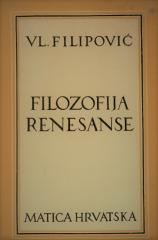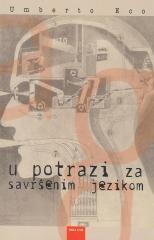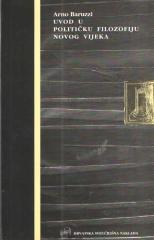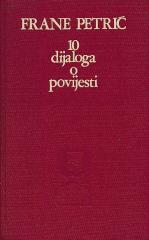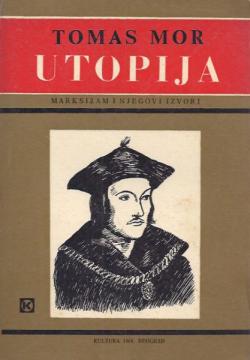
Utopija
In Utopia, Thomas More depicts an imaginary perfect society located on an isolated island, where the ruling principles of harmony, equality and reason overcome the imperfections of European society at the time.
"Utopia" by Sir Thomas More, one of the most prominent Renaissance humanists, lawyers, theologians, philosophers, orators, poets, historians, belongs to the most important classical works of political thought, and besides Machiavelli's The Ruler, it is considered one of the two books that determined the origin and development of modern political science. It is the work in which the author presents the idea of a non-existent island on which an ideal political arrangement has been built, where there is no private property, no rich and poor, where all members of society enjoy equal rights and obligations according to their abilities, and society is organized on the rational principle of expediency of social functions, based on the principles of prudence, faith and morality. The book contains the original Latin text of "Vtopie", and the first complete translation of More's classic into the Croatian language.
One copy is available
